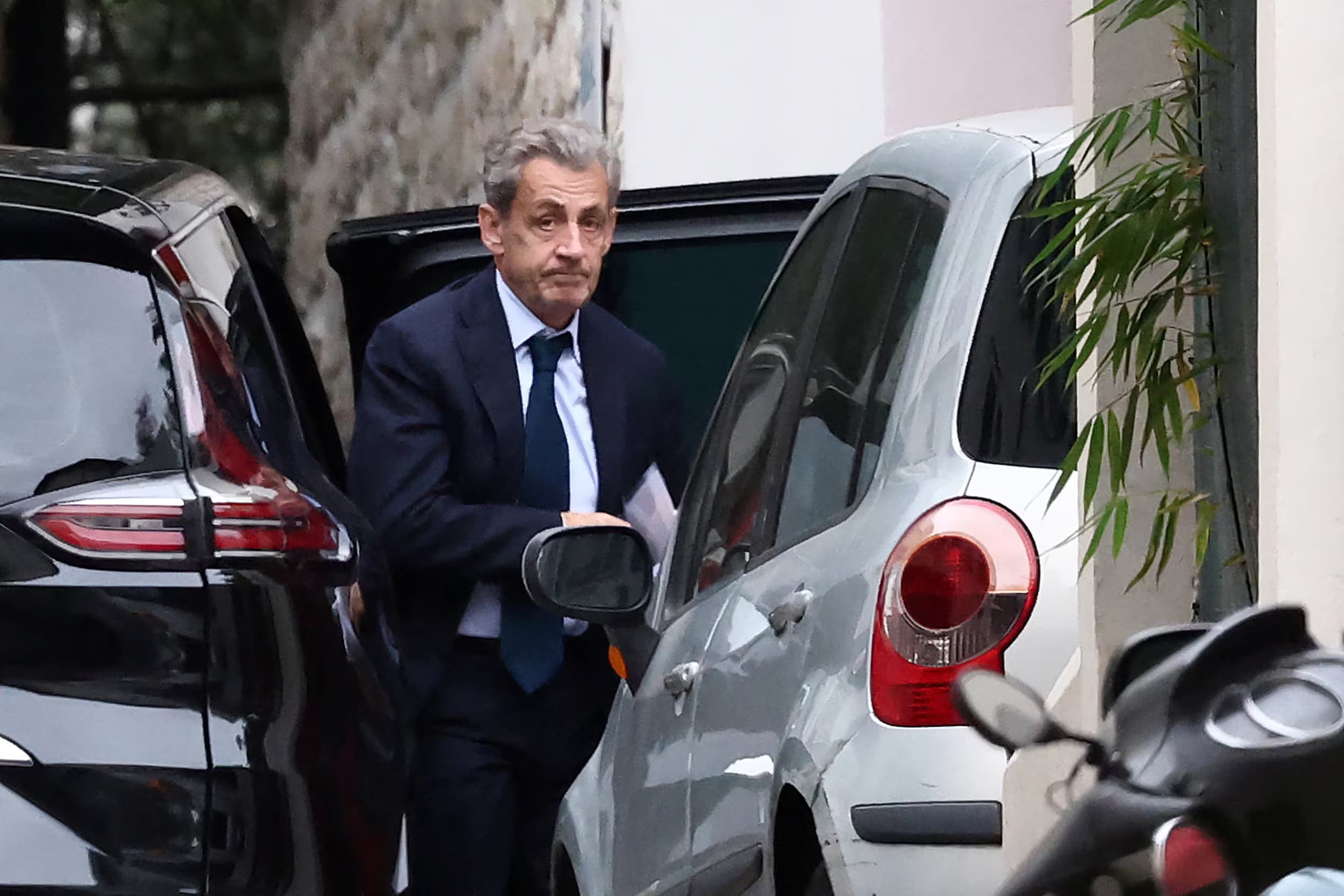We're loading the full news article for you. This includes the article content, images, author information, and related articles.
Former French President Nicolas Sarkozy is set to become the first post-war French head of state to go to prison, following his conviction for criminal conspiracy related to illegal campaign financing from the late Libyan dictator Muammar Gaddafi's regime

Former French President Nicolas Sarkozy has been ordered to report to La Santé prison in Paris on Monday, October 21, 2025, to begin a five-year sentence for criminal conspiracy. This follows his conviction last month over a scheme to obtain election campaign funds from the regime of the late Libyan dictator Muammar Gaddafi.
Sarkozy, who served as France's right-wing president from 2007 to 2012, was summoned by state prosecutors on Monday, October 13, 2025, and informed of the date and location to commence his incarceration. At 70 years old, he will be the first French post-war leader and the first former head of a European Union country to be imprisoned.
The conviction stems from allegations that Sarkozy allowed his close associates to solicit funds from Libyan authorities linked to Gaddafi for his victorious 2007 presidential campaign. Prosecutors had characterized an alleged 2005 agreement between Sarkozy, then-interior minister, and Gaddafi as an "inconceivable, unheard of, and indecent pact of corruption." Sarkozy has consistently denied any wrongdoing, portraying himself as the target of a political vendetta and suggesting the accusations were retaliation for his support in overthrowing Gaddafi in 2011.
This is Sarkozy's third conviction on fraud-related charges. In a separate case, he was previously convicted of corruption and influence peddling for illegally attempting to secure favours from a judge, receiving a one-year jail term which he served with an electronic tag.
A Paris court delivered the five-year prison sentence on Thursday, September 25, 2025, for criminal conspiracy. While Sarkozy immediately appealed the conviction, the nature of his sentence means it is "provisionally enforceable," requiring him to go to jail as the appeal process unfolds. French law allows for an appeal to be heard by a higher court, which can review the trial court's decision on both guilt and sentence.
Once incarcerated, Sarkozy's lawyers can petition the appeals court for his release, with judges having up to two months to decide on such a request. The court, however, acquitted him of three other charges: passive corruption, embezzlement of Libyan public funds, and illegal election campaign financing, stating there was no evidence the money was used for his 2007 campaign or personal enrichment.
Sarkozy has maintained his innocence, stating, "I will ask for no advantages. When there is a cross to bear, you must bear it to the end." He also reportedly told friends at a recent gathering that he was innocent and should never have been found guilty. Public opinion on the decision is divided, with an Elabe poll conducted in late September indicating that 61% of respondents considered the decision fair.
Sarkozy's imprisonment marks a significant moment in French political history, as he becomes the first former head of state in modern France to be jailed. His age and high-profile status mean he could be held in a special section of La Santé prison designated for vulnerable inmates. This case highlights the ongoing scrutiny of political financing and the legal accountability of former leaders.
While Sarkozy has appealed his conviction, the timeline for a new trial is expected to be approximately six months. The exact conditions of his detention, beyond the possibility of a special section, remain to be fully detailed. The political ramifications of a former president serving jail time, even with an ongoing appeal, are still unfolding.
Observers will be closely watching the progress of Sarkozy's appeal and any subsequent requests for release. The legal proceedings are likely to continue influencing public discourse on political ethics and judicial independence in France. The case also sets a precedent for how high-profile individuals are treated within the French justice system.
Keep the conversation in one place—threads here stay linked to the story and in the forums.
Sign in to start a discussion
Start a conversation about this story and keep it linked here.
Other hot threads
E-sports and Gaming Community in Kenya
Active 9 months ago
The Role of Technology in Modern Agriculture (AgriTech)
Active 9 months ago
Popular Recreational Activities Across Counties
Active 9 months ago
Investing in Youth Sports Development Programs
Active 9 months ago